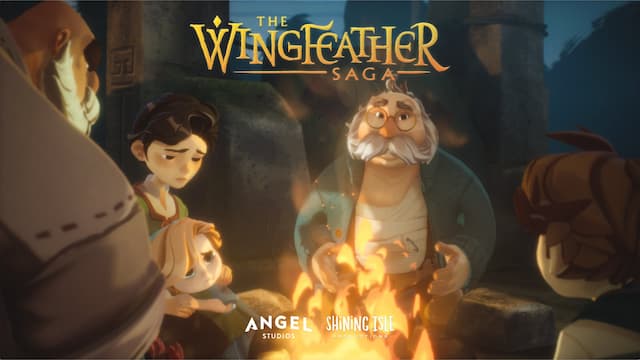Podcast: Lessons Learned 66 Bible Overviews


Check out the So We Speak podcast on Apple Podcasts or Spotify.
The goal of “The Bible Overview Project” has been to prepare the readers’ minds and hearts before reading the book so that they will have a better grasp and understanding of the book’s overall message.
Some books immediately connect with some people and the work of Christ (example: New Testament books). Other books (example: Minor Prophets) do not connect as quickly or readily as we might like them to. However, they do connect.
An important question to ask is: what message is each book communicating to its original audience?
However, this can be taken to the extreme where Christians fail to read the Old Testament in light of the mystery of Christ being revealed. Christ is the key to interpreting the Old Testament.
Question 1: What did this mean to the original audience?
Question 2: What does this mean in context of the entire revelation of God (all 66 books)?
The Four Stages of Bible Study:
-
Stories (stories about God)
-
Disconnected Lessons (Verses scattered throughout and sermons)
-
Themes
-
Letting applications and connections flow out of the big story of Scripture
Bible Reading Plans
For those new to reading Scripture, it is best to start with overviews of Jesus’ life and ministry like Mark or Luke rather than John or Matthew which requires knowledge of the Old Testament.
If you are interested in receiving Cole’s personal Bible reading plan, you can email: info@sowespeak.com
Crossway published an article linking to several different Bible reading plans as well.
Spiritual vitality is a natural byproduct of greater Scripture intake.
Variety in Scripture intake is a good thing. Listen to it read on audio, read it out loud, silently, put to music, etc.
Brittany Proffitt lives in Dallas, TX, holds a BA in Religion, and is a student at Southwestern Baptist Theological Seminary.



